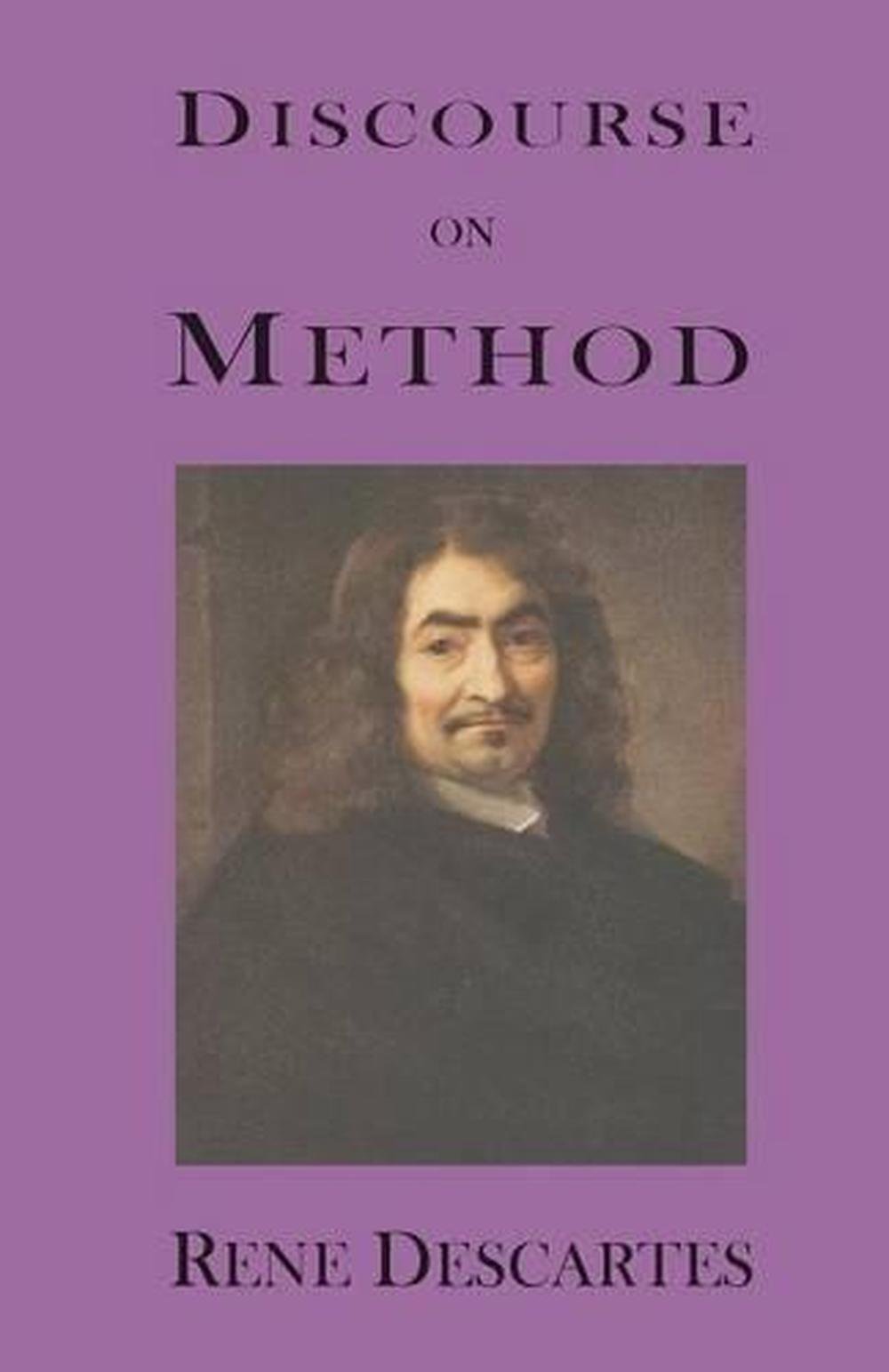
As is well known, the methodic doubt is the central concept of Descartes’ first published work titled The Discourse on the Method. In this process, ideas are put in rigorous test in determining its certainty. In doing so, Descartes employs the famous methodic doubt where he doubts everything believed to be true until certainty is attained.

Thus, it could be said that one of the goals of Descartes is to distinguish what is true from what is false. As a matter of fact, Descartes rejects the idea that sense perception conveys accurate information. One of the key concepts that we need to remember in Descartes’ theory of knowledge is the idea that sense perception is unreliable. Key Concepts in Descartes’s Theory of Knowledge On the other hand, rationalism can be viewed as a doctrine in epistemology which regards reason as the chief source and test knowledge. On the one hand, rationalism can be viewed as a method of understanding the world based on the use of reason as the means to attain knowledge.

Rationalism can be viewed from two vantage points, namely, as a method and as a doctrine. He was also the first major figure in the philosophical movement in the modern period known as rationalism. René Descartes’s theory of knowledge was first articulated in his famous work The Discourse on the Method, but was fully developed in his later famous work Meditations on First Philosophy.ĭescartes was considered the Father of Modern Philosophy.


 0 kommentar(er)
0 kommentar(er)
